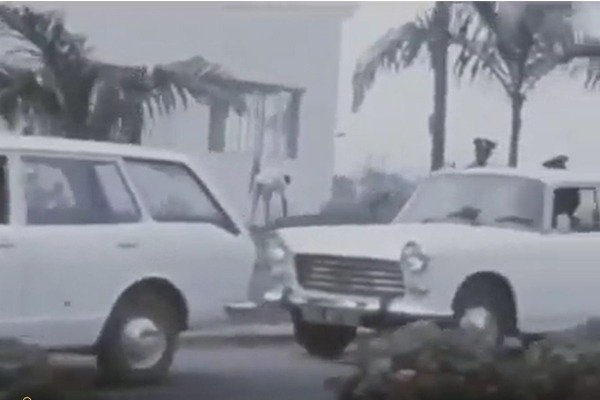News
Fuel Scarcity: See The Long Queue Of Cars Waiting To Buy Fuel At A Filling Station In 1975 (VIDEO)
-
News1 week ago
Liverpool Star Diogo Jota Dies After His Lamborghini Swerved Of The Road, Bursts Into Flames
-
News1 week ago
US-based Nigerian Paid N461 Million For A 10-Minutes Trip To Space Aboard Jeff Bezos’ Blue Origin’s New Shepard
-
News1 week ago
Tesla Cybertruck Split In Two After Tank-like Mercedes G-Class Crashed Into It, Comes Up For Sale
-
News7 days ago
Tesla Model Y Drove Itself From Gigafactory To Its New Owner’s Home 30-min Away (Video)
-
News6 days ago
Tesla May Stop Making The Cybertruck As Sales Drop Again
-
News1 week ago
Bugatti Takes W16 Mistral To 250 Miles, Top-speed Of 186 MPH Before Delivering $5m Hypercar To Their Owners
-
News6 days ago
Nissan Murano Set A New American Production Record
-
News1 week ago
All-new Koenigsegg Sadair’s Spear Is A 1,675-hp Hypercar Limited To Just 30, Sold Out At Private Unveiling
